nonamexx
TPF Noob!
- Joined
- Dec 24, 2010
- Messages
- 209
- Reaction score
- 11
- Can others edit my Photos
- Photos NOT OK to edit
a common scenerio we see here isn't simply a beginner getting "lucky" per se, but someone that posts an image for critique from a recent "shoot" they did for a "client" which is watermarked with their business logo, webpage, and business FB/twitter/flikr information. That, along with their signature being all of their business contact information leads people to believe that they are a professional photographer, and therefor they are often times given very professional critique. this is NOT the same scenario as a new hobbyist photographer posting an image and getting bashed for it. that is wrong. If you advertise yourself as taking paid jobs, I don't believe you have the right to complain when people want to judge your work by professional standards. that isn't newbie bashing, because if you are a photographer doing business on your own, then I think its fair for people to assume you are not a newbie.
Oh, that's a different scenario. And your point is taken. People posing as professionals and then getting found out is not what I was talking about.



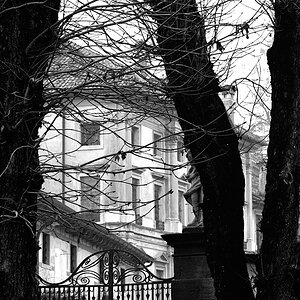
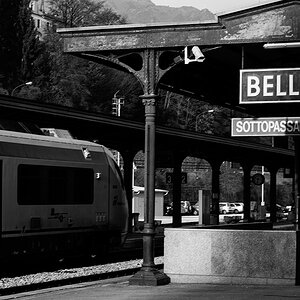
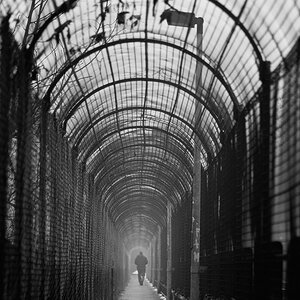
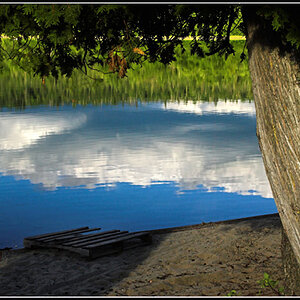
![[No title]](/data/xfmg/thumbnail/36/36660-bd2cdec38aac6e50675fa36657307cba.jpg?1619737675)
![[No title]](/data/xfmg/thumbnail/40/40312-7470c3c8f9e3a40e6b44c423096f188d.jpg?1619739414)
![[No title]](/data/xfmg/thumbnail/37/37518-fb05b52482bd05e84fb73316ba1a9c8f.jpg?1619738128)
![[No title]](/data/xfmg/thumbnail/35/35946-771bfce9b2727c9126587d96c471da80.jpg?1619737254)
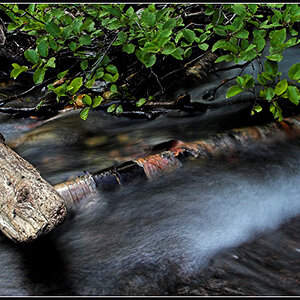

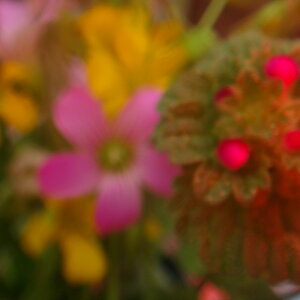
![[No title]](/data/xfmg/thumbnail/42/42479-eb9612f7aa37a41755b9e23b5739a3bf.jpg?1619740195)